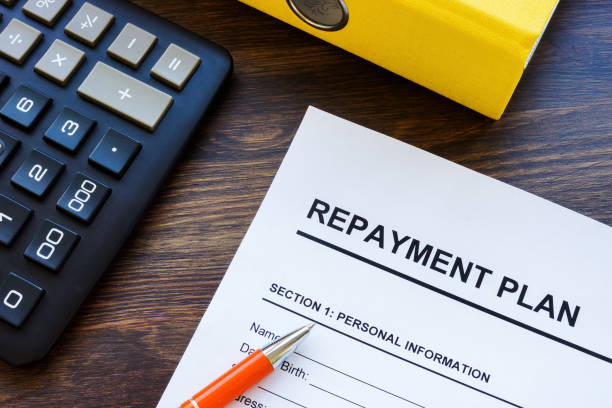Debt can feel overwhelming, but with a solid repayment strategy, you can take control of your finances and work towards a debt-free future. Here are some proven strategies to help you reduce debt efficiently:
1. Create a Budget and Track Expenses
Before you start repaying your debt, understand your financial situation. List all sources of income, track expenses, and identify areas where you can cut unnecessary costs. Allocate more funds toward debt repayment.
2. Use the Debt Snowball Method
This method involves paying off the smallest debt first while making minimum payments on larger debts. Once the smallest debt is cleared, move to the next smallest. This approach provides psychological motivation and helps build momentum.
3. Try the Debt Avalanche Method
With the debt avalanche method, you focus on repaying the debt with the highest interest rate first while making minimum payments on the rest. This strategy saves money on interest and helps you pay off debt faster.
4. Consolidate Your Debt
Debt consolidation involves combining multiple debts into a single loan with a lower interest rate. This simplifies payments and reduces overall interest costs. Consider personal loans, balance transfer credit cards, or home equity loans for consolidation.
5. Increase Your Income
Look for ways to earn extra income, such as freelancing, side hustles, or selling unused items. Apply any additional earnings directly toward your debt repayment.
6. Negotiate Lower Interest Rates
Contact your lenders to negotiate lower interest rates. If you have a good repayment history, they might offer reduced rates, making it easier to pay off the debt.
7. Make Biweekly Payments
Instead of making monthly payments, split your payment in half and pay every two weeks. This results in an extra payment each year, helping you pay off your loan faster and reduce interest costs.
8. Cut Unnecessary Expenses
Identify non-essential expenses like dining out, subscriptions, or luxury purchases. Redirect those funds toward debt repayment to accelerate the process.
9. Build an Emergency Fund
Having an emergency fund prevents you from relying on credit in case of unexpected expenses. Aim to save at least 3-6 months’ worth of living expenses.
10. Seek Professional Financial Advice
If you’re struggling to manage debt, consider consulting a financial advisor or a credit counseling agency. They can provide personalized strategies and negotiate with creditors on your behalf.
By following these strategies, you can systematically reduce debt and achieve financial freedom. Stay committed, make consistent payments, and celebrate milestones along the way!



